Will AI eliminate teachers in our schools?
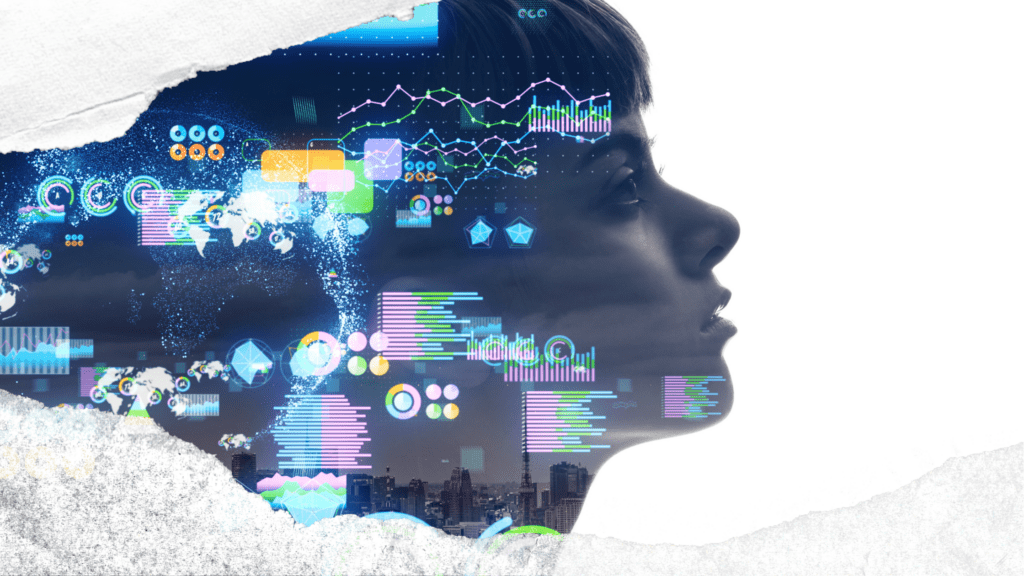

How many times have you said in conversation over the past five years, “no, that could never happen,” when in fact you see now that it could happen or already did?
There is no way self-driving cars will ever take over the roads. There is no way women will lose the rights they have fought for so long and so hard to earn. There is no way books will ever be taken out of our schools and/or libraries. There is no way there will ever be widespread adoption of virtual and augmented reality – Technologies like Oculus Rift, HTC Vive, and Pokémon GO. There is no way teachers can ever be replaced in our classrooms by machines.
It’s time we took the words “no way” out of our vocabulary, so we can see and prepare for the future with eyes wide open. Technological advances are happening at exponential speed and the uses and/or controls on such technology cannot be ignored or put off until a later date. Technology is capable of creating a better future for all mankind, or, as many people think, destroy humanity.
What does all this have to do with education and whether or not AI can or will replace teachers in our classrooms?
In the United States today over 13 million people have AI ‘best’ friends. Every day more and more people form close connections with AI-powered chatbots, virtual assistants, and other platforms. Many people have entered into serious relationships with chatbots, relationships that have caused some people to move away from human contact. Don’t say “can’t happen.”
There are several powerfully human reasons behind this growing trend. AI chatbots are easily accessible through smartphones, computers, and voice-activated devices like Amazon Echo or Google Home.
They are available 24/7 and provide instant responses to queries or offer support and information, making them easy to interact with at any time. For people who feel lonely or socially isolated, AI best friends provide a reassuring and comforting presence. They offer engaging conversation and empathy without judgment, making users feel heard and understood. But, Will AI eliminate teachers in our schools?
AI chatbots provide emotional support, helping people reduce stress, anxiety, and depression through interactive conversations. AI best friends help people set and achieve personal goals, like improving their sleep, exercising regularly, or eating more healthily. AI platforms learn to personalize responses and actions to users’ preferences and interests, helping build strong connections with their “best friends.” They actually learn people’s likes and dislikes, favorite conversation topics, and even adapt their communication style.
People with social anxiety or difficulty communicating find it easier to talk to AI best friends, which often translates to being more comfortable in social situations. AI chatbots provide fun and entertainment by engaging in interactive games, sharing jokes or interesting facts, and even flexing their creativity to generate stories or songs.
So let’s translate these powerful inducements to the classroom.
– In the AI driven classroom of the near future each child has his or her own teacher or teachers, possibly one for each subject, available to them 24/7.
– Each AI teacher offers children positive support without judgement 100% of the time.
– They are experts in their field and have all the resources of the internet at their disposal to be sure you child gets the best possible education, no matter what level your child is at in the given subject matter.
– AI teachers provide emotional support to your child reducing stress, anxiety, and depression through interactive conversations, and lead your child through guided meditation and mindfulness exercises.
– AI teachers help children set and achieve reasonable personal goals, like improving study habits, and making good decisions.
– AI teachers present information in a fun and highly entertaining way specifically suited to your child’s personality and moods.
– AI teachers are available to parents and caregivers 24/7 to discuss a child’s progress, review classwork, discuss milestones and curriculum choices and provide reassurance in a caring and empathetic manner.
It almost sounds Utopian, too good to be true, and maybe it is. While AI is ‘new’ technology and barely scratching the surface in its availability to the general population, adoption is incredibly rapid. Think about it. Over 13 million people in the United States spend time every day with their AI best friends.
As the technology behind these platforms advances, and it will do so every month, rather than it taking years, expect the number of people turning to AI companionship to grow at an equally rapidly rate.
So the question we need to ask is not “will AI eliminate teachers in our schools”, there is no doubt that even if AI isn’t quite ready today it will be able to in the near future, but whether or not it should, to what extant and with what types of controls?
Parents who are concerned about the use of artificial intelligence (A.I.) in classrooms can benefit greatly from joining Professor Stork’s community. By connecting with other parents who share their concerns, they can build a network of support and exchange information and ideas on how to address this issue with school administrators and policymakers. Through Professor Stork’s community, parents can become more informed and empowered advocates for their children’s education in the age of A.I.
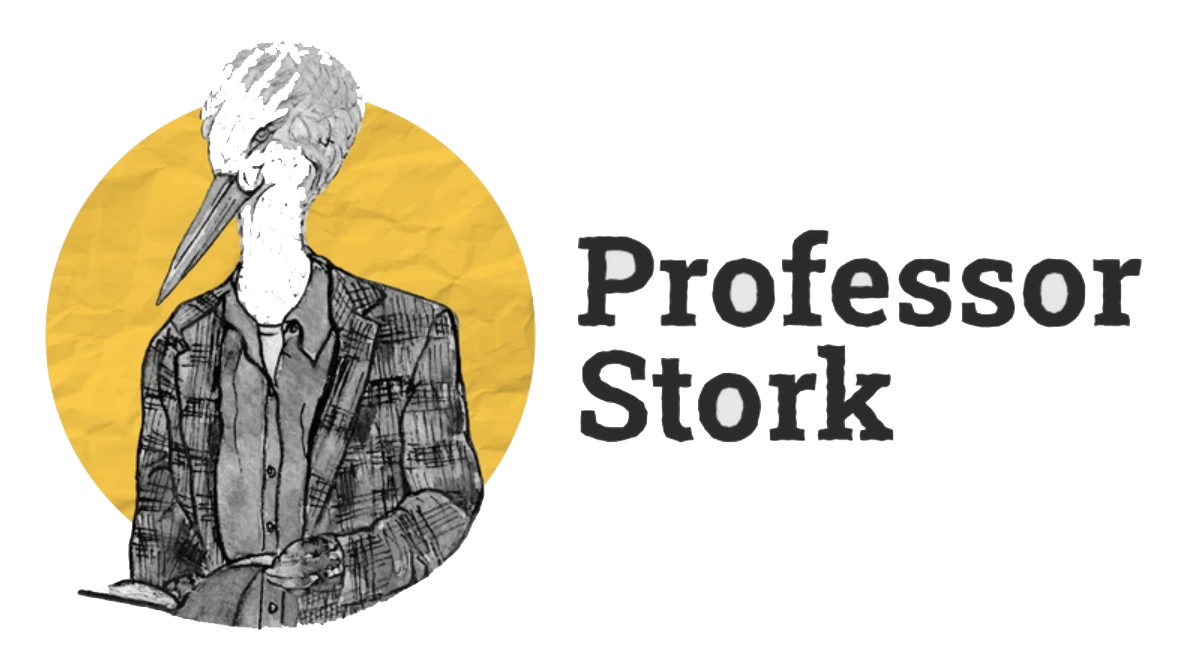
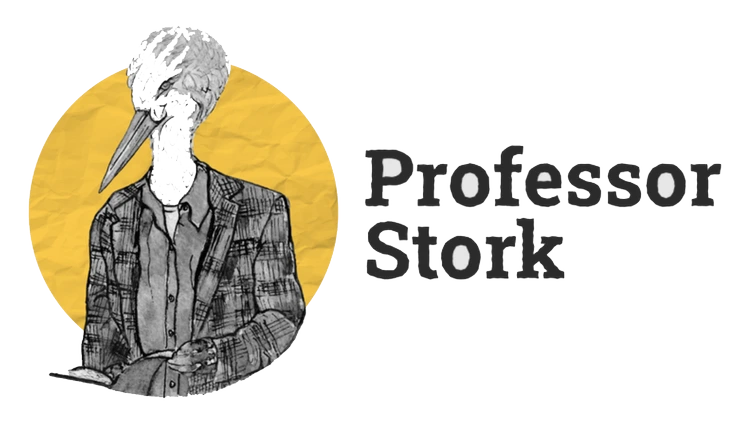
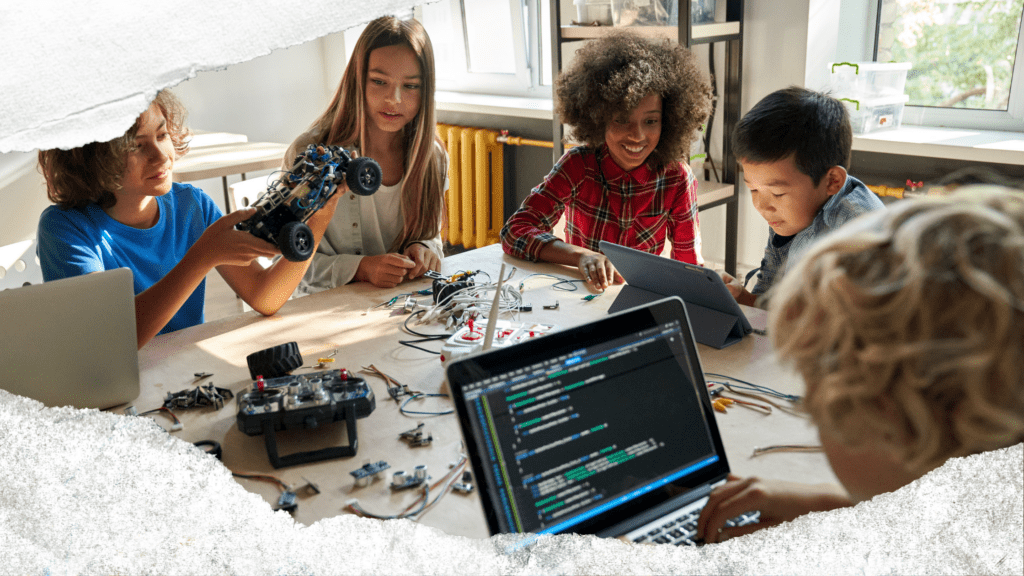

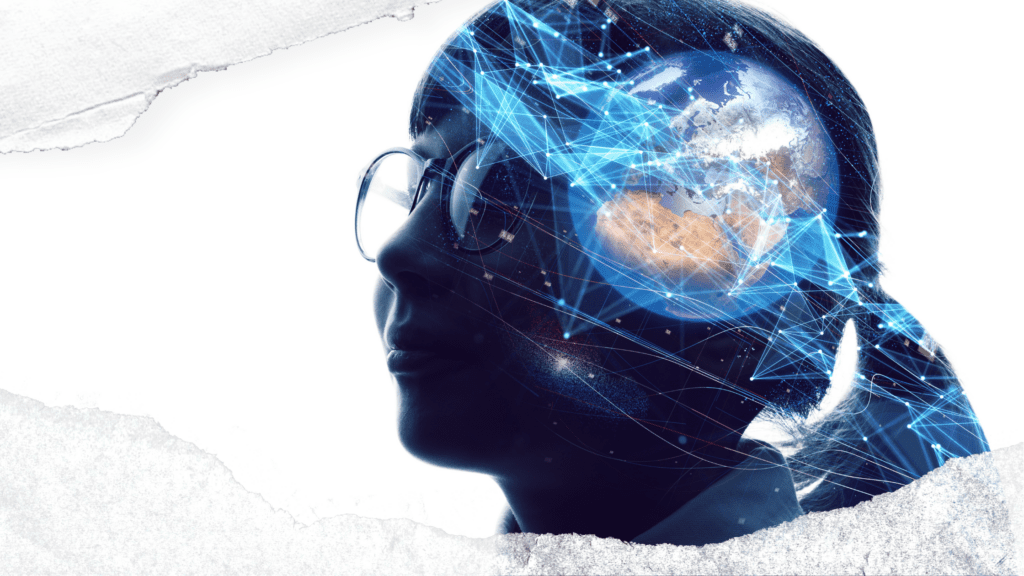


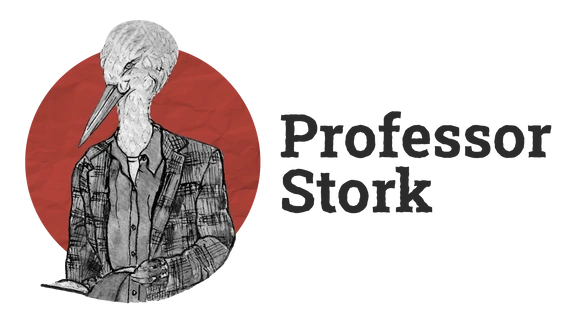
Responses